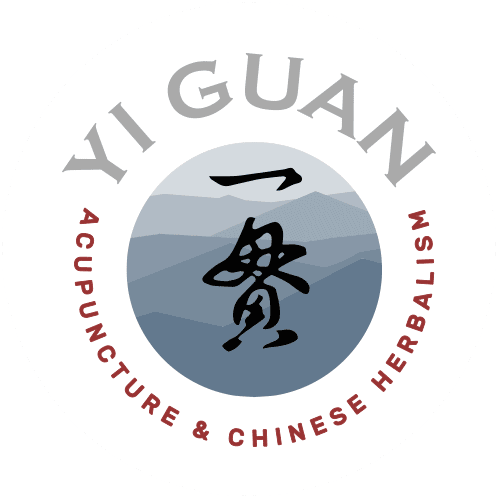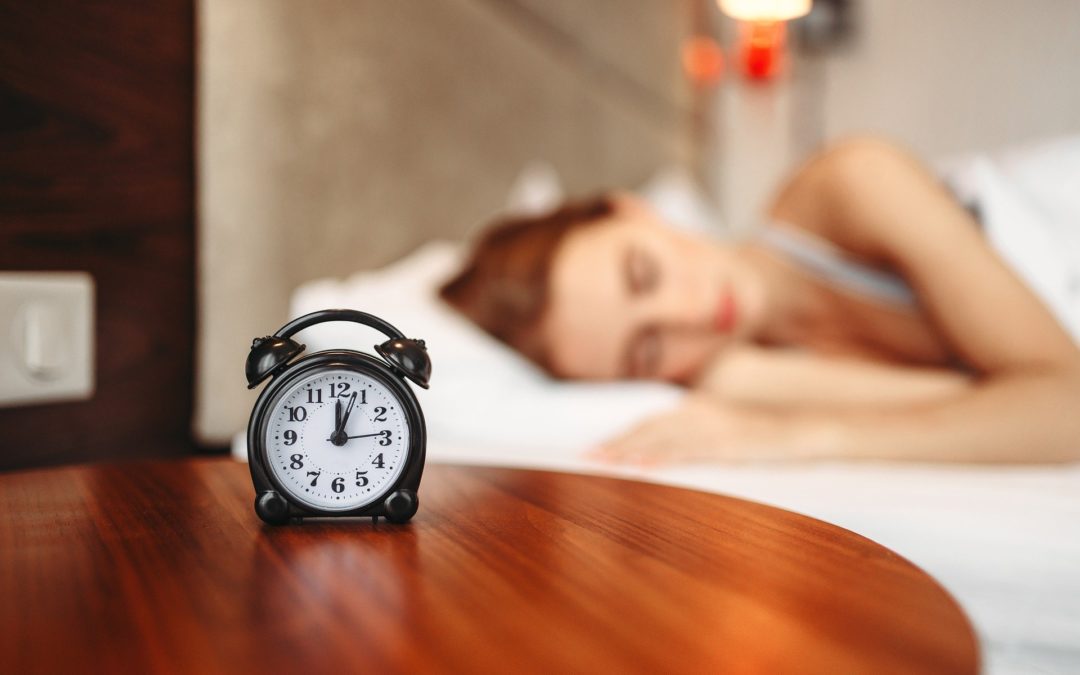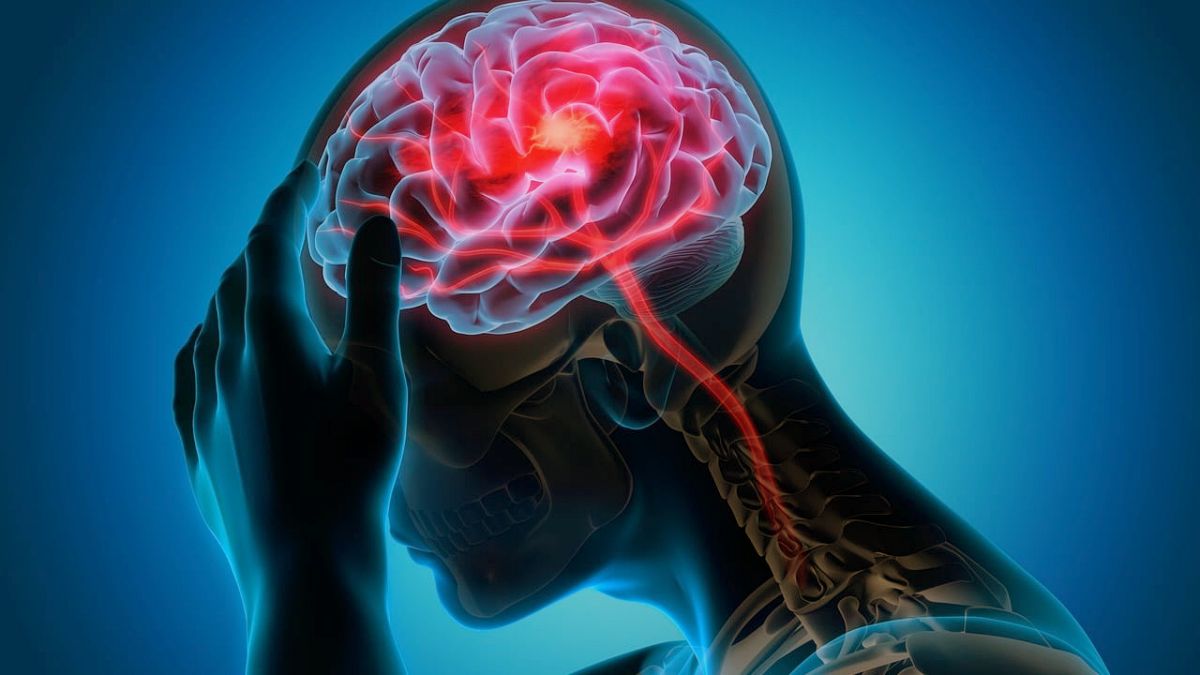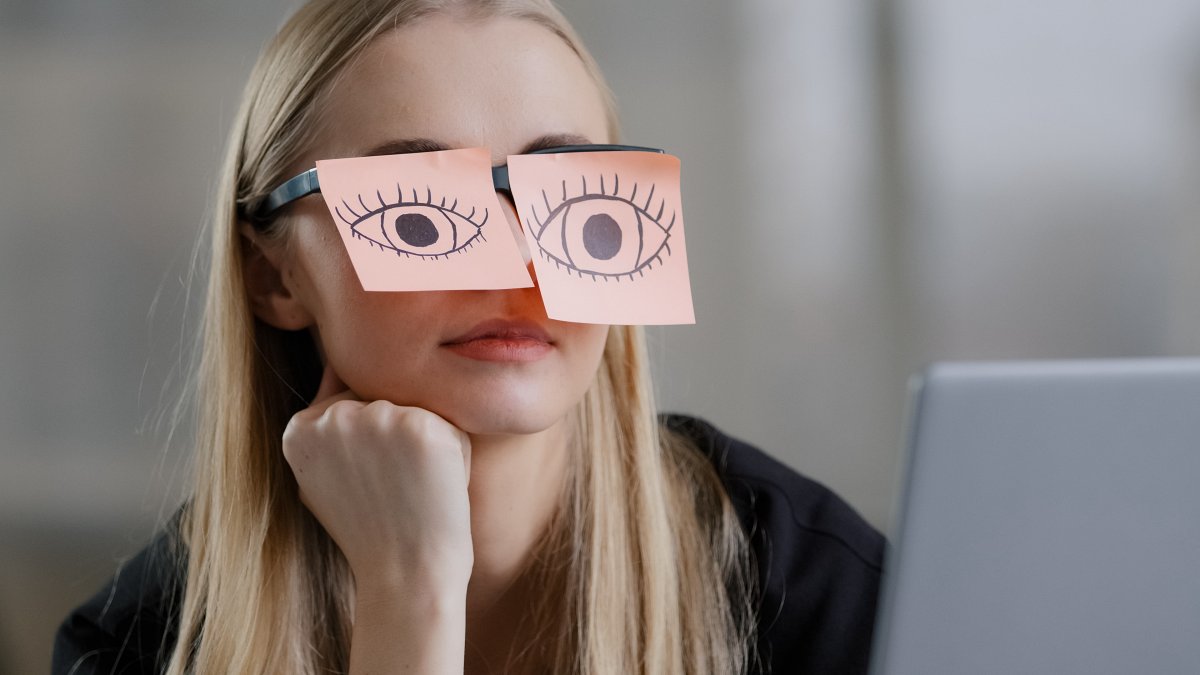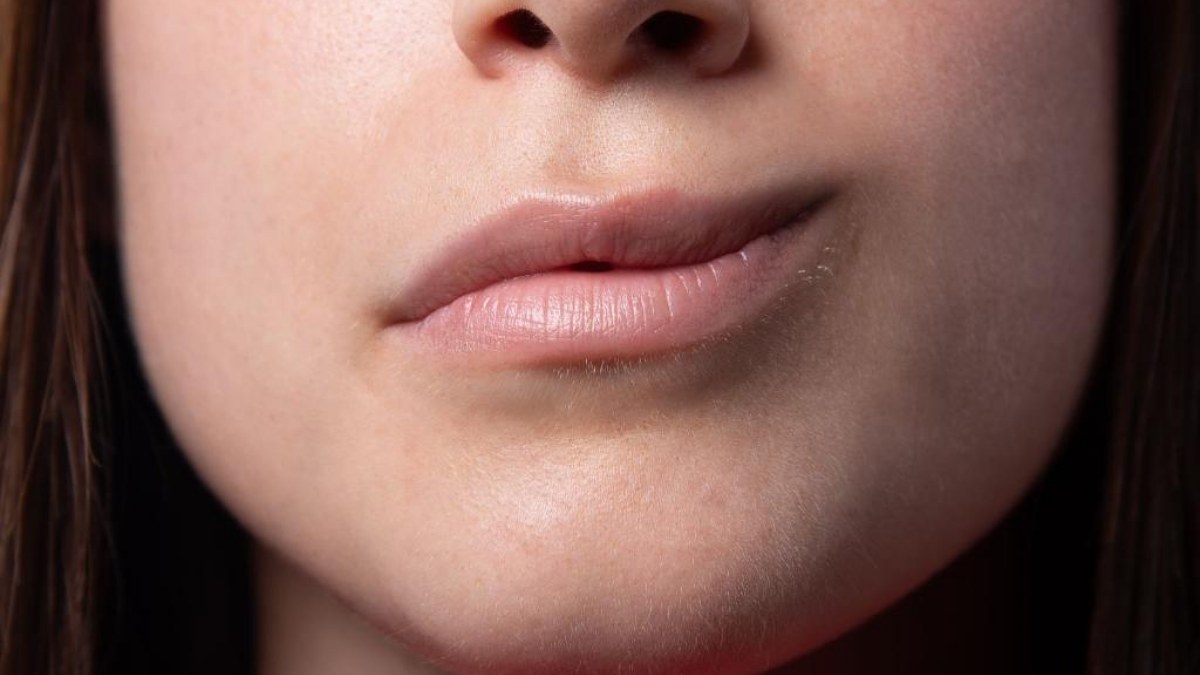CHINESE MEDICINE AND INSOMNIA
Traditional Chinese medicine is very useful in helping people with difficulty falling asleep. Poor sleep can negatively impact the rest of your health, as much of your endocrine hormones are tied to sleep cycles. The holistic system of TCM is well suited to approach the complex system in order to restore balance. It is important to know one concept within its metaphorical framework to understand Chinese medicine and insomnia. The word “shen” translates to spirit, but in this context refers to one’s consciousness/alertness. There is an important saying that goes: the shen is rooted in the blood. For purposes here, it denotes that if one wants to settle consciousness, i.e. fall sleep, the shen must retreat into the blood.
NOT EVERY INSOMNIA IS THE SAME
As discussed previously, TCM diagnosis works by determining someone’s symptom pattern. There are many ways that sleep can be disrupted. With Eastern medicine, paying attention to these differences is the key in order to pull the body in the right direction back to health. Each type of insomnia has its own cause and therefore its own set of herbs and needle placement to treat it. One can broadly categorize these patterns of sleep imbalance into two groups: insomnia from an excess condition or from a deficiency.
INSOMNIA FROM EXCESS
The most common excess condition that leads to insomnia symptoms is “heat”. If there is heat in the system, then “the blood is too hot” and the shen cannot stay within it. This leads to an insomnia pattern that include restless or light sleeping, irritability, and fitful dreams or nightmares. These patients may not have a hard time falling asleep, but a problem staying asleep. It is almost literally that they’re too fired up to stay asleep. An obvious example is caffeine in the blood won’t let you fall asleep. In these cases, one must use needles and herbs to calm the shen and clear heat from the body.
INSOMNIA FROM DEFICIENCY
When someone is deficient in qi or blood, depending on the specifics, there can also be insomnia. The traditional Chinese medicine theory here is rather than the blood being too hot for the shen to rest within it, the blood is too thin or weak and it cannot hold the shen within it. These patients tend to have difficulty falling asleep rather than staying asleep, characterized by anxious thoughts preventing sleep. This can be distressing because, being deficient, the patient feels tired throughout the day yet still can’t fall asleep. Instead of calming and clearing as with excess conditions, the shen must be nourished and the qi or blood tonified. These will be entirely different herbal formulas that from an insomnia due to heat. It is important to get the pattern right, or one might prescribe the wrong herb.
NEUROCHEMICALS OF SLEEP AND WAKEFULNESS
Though sleep and cognition are still being mapped by Western neuroscience, it is currently known that the sleep-wake cycle depends on the homeostatic balance of particular neurochemical substances. One of the more central substances is melatonin. Light/dark information received by the eyes is filtered through the hypothalamus. This signal in turn triggers the pineal gland to release more melatonin, initiating sleep. Cortisol has been shown to increase in the morning, and in conjunction with an increase in light information received by the eye, induces wakefulness. It has been demonstrated that through the hypothalamic-pituitary axis, melatonin and cortisol are in opposite balance. This means that if cortisol is high, melatonin is low, and vice versa. As said before, so many things are tied to this axis, and this axis is tied to sleep. One cannot find good health without good sleep.
INTEGRATIVE UNDERSTANDING OF SLEEP
When said in a more general sense, this aspect of sleep neuroscience near-perfectly mirrors the Chinese medical thought that too much of one or too little of another biochemical substance in the blood directly affects sleep and that these substances are tied directly tethered to one another. The balance of substances can be affected by proper neuroimmunological stimulation with an acupuncture needle or neurochemical alteration by herbal substances, and meditative techniques to calm the mind. These techniques can easily be used alongside the current standard of Western insomnia treatments. These consist of proper sleep hygiene, cognitive behavioral therapy, and biochemical sleep aids ranging from melatonin itself to potent sedatives. For many concerned about the frequent use of sedatives, herbal remedies are the perfect solution to optimize their sleep health.
If you’d like to know more about Chinese medicine and insomnia, contact us today.
Join the Yi Guan Newsletter List!
Sent out just once a month, the newsletter keeps you informed about acupuncture, herbalism and special offers at Yi Guan Acupuncture and Chinese Medicine.
